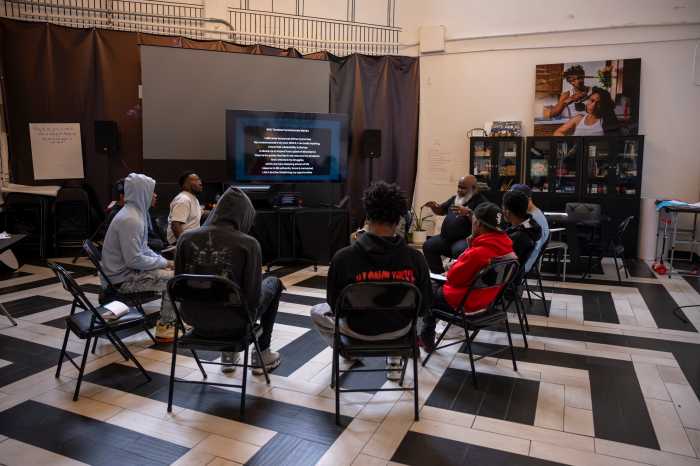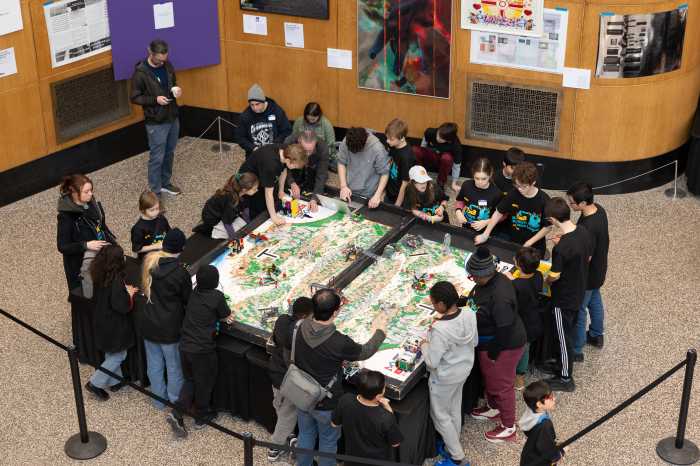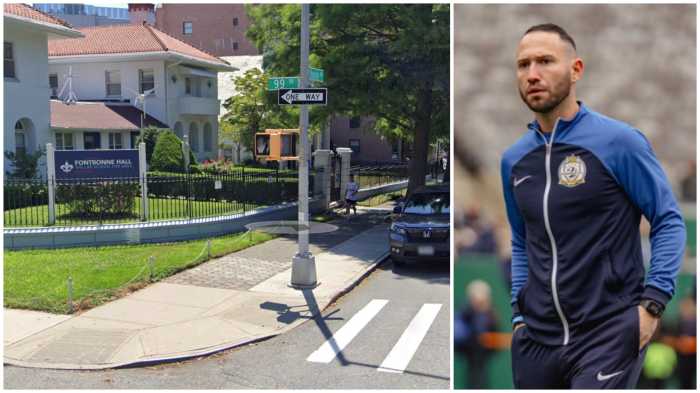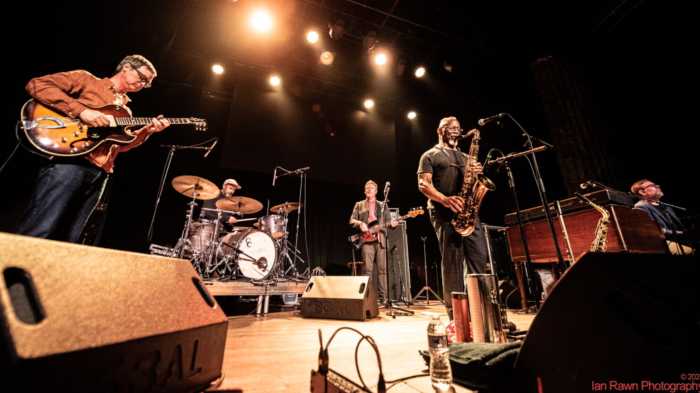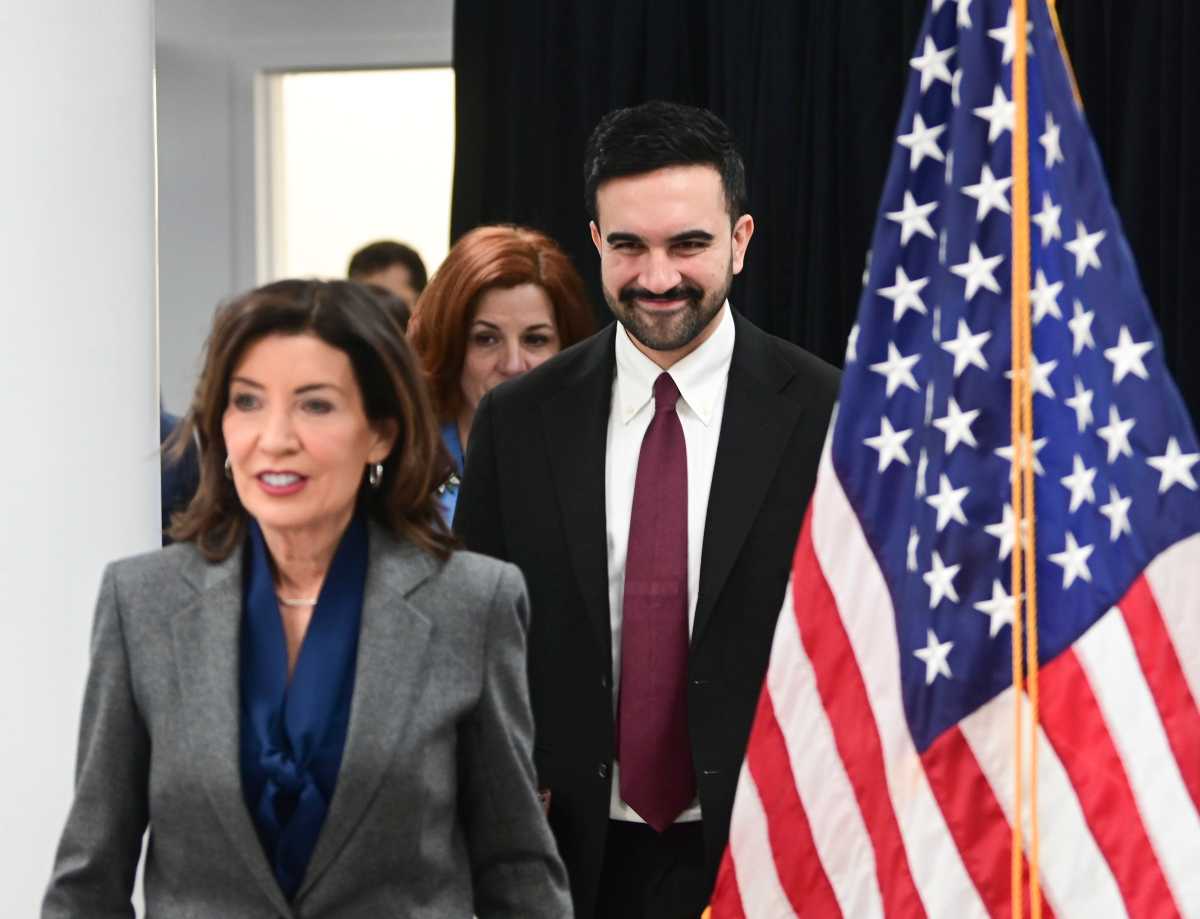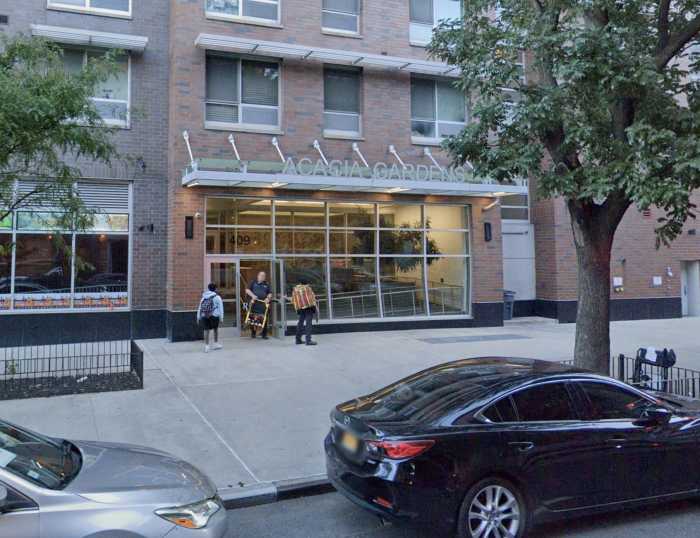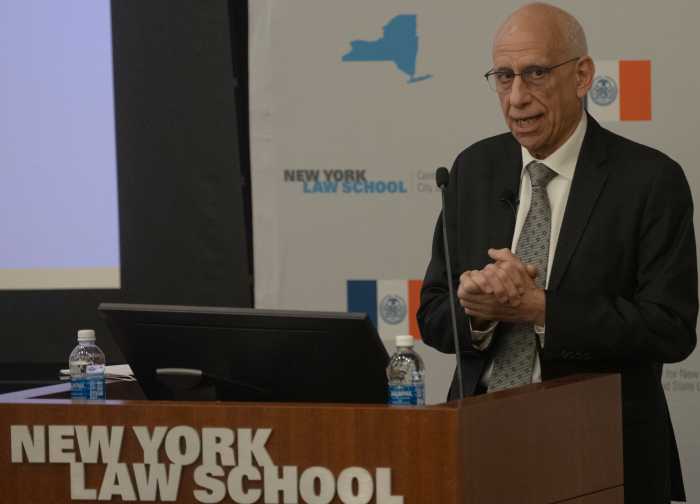There is a lesson in all this fervor over finding Pokemons in the world. It is the same lesson we have to look for in politics, or marketing. It is the lesson of figuring what people want and how they will follow you if you give it to them.
I try to think of history. Being in Europe helped, passing castles on the hill that were built in the 11th century. Things weren’t so different then, really. There were people with power and people without it. Often, there were moats in between so the wealthy could just pull up a bridge to protect themselves when the people got angry.
What people want is simple.
“Reward,” a friend said. Everyone wants a reward. Pokemon Go gets people off the couch in a way my son Eli laughed, “the government has spent millions trying to do, and failed.”
Simply by setting up a simple reward system, an “if you do this, you will get this” equation, it motivated people.
As a parent, I try to figure how to motivate my kids all the time. It turns out, to get them through some hot sightseeing walks through Italian cities, all it took was a few hotspot-allowed moments of looking for Pokemon.
All of a sudden that boring church was offering them something, that long stretch of park was a place they were dying to traverse to get … to get … what? I could have asked, but the complex web of characters was more than my mind can compute on vacation.
All I knew was that my kids seemed to have energy and purpose, and that was a good thing.
Of course, we can’t rely on a silly game to motivate us for very long any more than we can fully rely on any politician or brand promise to do so.
In my many years of writing about marketing, I was always thrilled to hear a story of a product that offered a truly enticing promise, a reward that people were more than willing to pay for.
Take Starbucks, a now decades-long reward system we flock to like lemmings at exorbitant prices. I remember a roundtable discussion I led at a marketing conference in Los Angeles where I asked everyone to give the young brand manager of the newly pervasive Starbucks a standing ovation. What was it about that brand that managed to change even New Yorkers’ die-hard tradition of cheap coffee in that Greek diner cup?
I talked to a young Wall Street trader on a plane once. He told me how he worked crazy hours, how he was headed to a bachelor party, which was a rare couple of days off.
I nodded. I knew a lot of guys like him, with jobs that paid a lot but then owned them, and they had no life.
“That’s why Starbucks got popular,” I said. “It offered people a little vacation in a cup.”
He nodded vociferously. “1 pm” he said.
I looked at him, confused.
“1 pm, every day. I take orders, and I go to Starbucks…”
Wow. How right I was, how right Starbucks had been. All people want is a little break, a little reward. They’re willing to get up and find it, they’re willing to pay for it.
A number of years ago, I looked hard at the Starbucks logo and realized it was a siren, the mythical mermaid who lures sailors to the sea with her song.
They must have had a good laugh when they figured that one out, I thought.
Make no mistake, we are all lemmings for the right reward. None of us, no matter how strong, can always resist a certain siren song. This is why I try to teach my kids to think about what they’re following, what rewards really matter in the end, what rewards will serve them and others in the long run.
It seems easy, to run toward a goal set out for you by someone else. But what happens afterward? What does that goal matter if the run toward it leaves so much in ruins, if people got trampled in the process? Sometimes, the greatest rewards aren’t so simply won. They are the result of long hard work, and patience. Sometimes, we have to remember, this isn’t just a game.
This is life, and we have to think hard about how we can reap the greatest long-term rewards.



